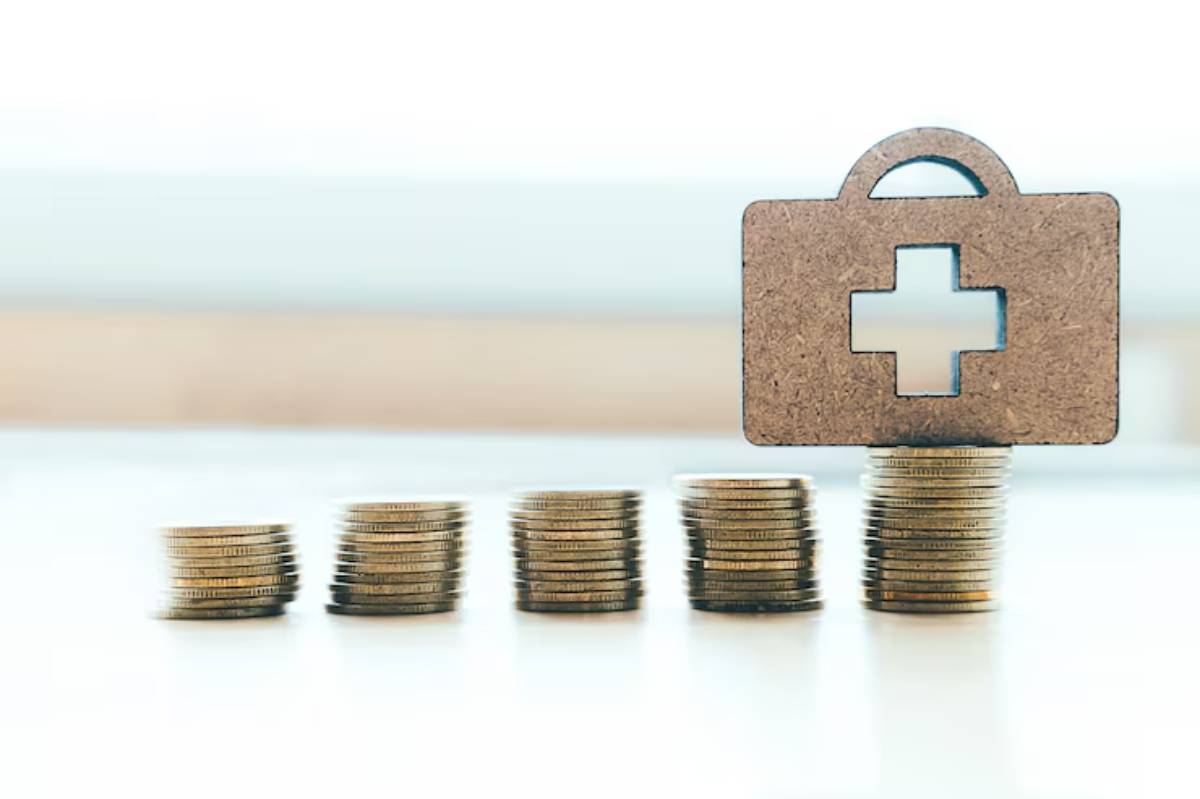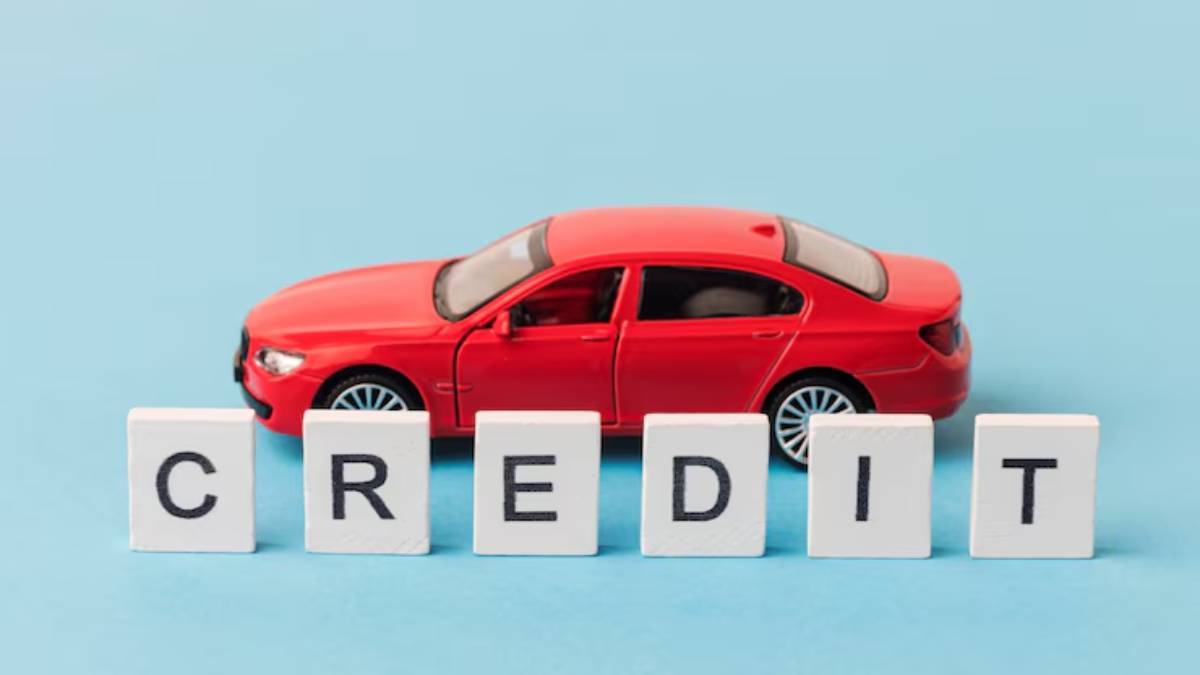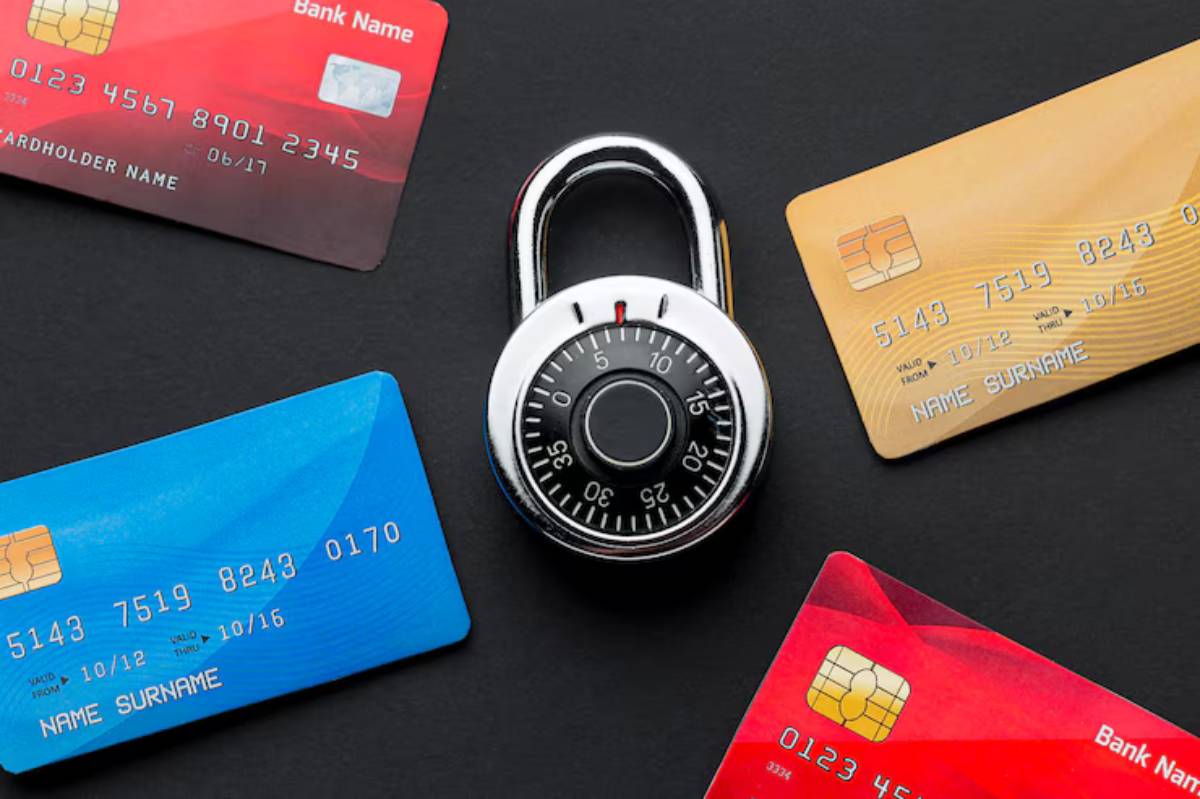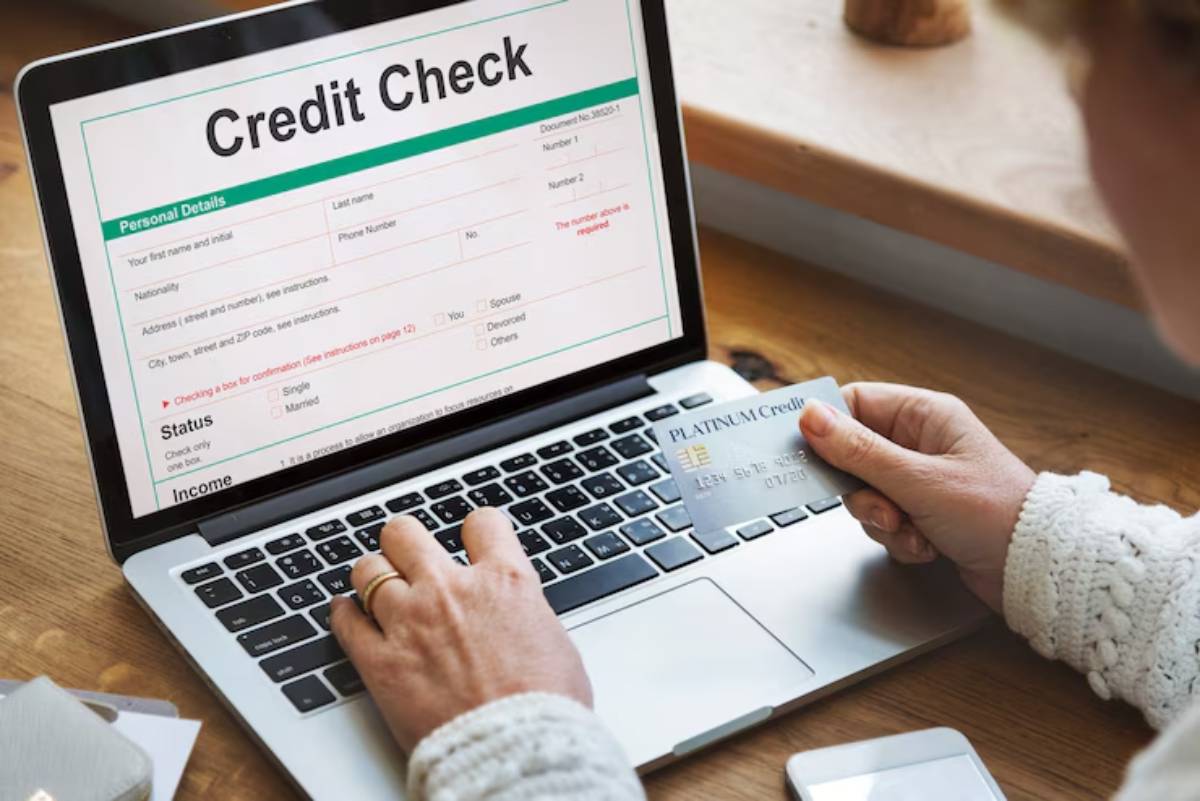
Saving Strategies to Avoid Overreliance on Credit
Using credit can be helpful. It allows you to manage big purchases, earn rewards, and build your credit score. But too much reliance on credit can lead to debt, stress, and long-term financial issues.
The best way to avoid this? Develop strong saving strategies. Saving gives you the cushion you need to avoid using credit for every emergency or unexpected expense. It helps you break the cycle of debt and build lasting financial security.
This guide will show you practical ways to save, reduce your credit reliance, and take control of your financial future.
Why Too Much Credit Reliance Is Risky
Credit cards and loans have their place — but they shouldn’t be your first line of defence.
Here’s why depending too much on credit can be dangerous:
- High interest rates increase your debt quickly
- Missed payments hurt your credit score
- Using credit for emergencies leaves you with long-term debt
- Living beyond your means becomes easier
Credit is a tool, not a safety net. Savings give you true financial independence.
The Benefits of Building Financial Security Through Saving
When you focus on saving, you gain:
- Peace of mind in case of emergencies
- The ability to cover unexpected costs without borrowing
- Flexibility to manage large expenses without panic
- Improved credit score by avoiding high credit utilisation
A healthy savings account reduces your need to lean on credit for every bump in the road.
How Much Should You Save?
Most experts recommend starting with an emergency fund:
- Begin with a goal of £500 to £1,000 for urgent costs
- Gradually build to three to six months of living expenses
The right amount varies based on your lifestyle, job stability, and family needs.
Top Saving Strategies to Reduce Credit Reliance
1. Pay Yourself First
As soon as you get paid, transfer a portion of your income to savings before spending on anything else. This habit helps you treat saving as a necessity, not an option.
2. Set Clear Goals

Saving is easier when you know what you’re working towards. Examples include:
- Emergency fund
- Holiday fund
- Car repair fund
- Home improvement savings
Having a purpose helps you stay motivated.
3. Create a Budget
Budgeting lets you track spending and identify areas to cut back. Allocate a portion of your budget to savings each month and treat it like any other bill.
4. Automate Your Savings
Set up automatic transfers from your current account to a savings account. You’re less likely to spend what you don’t see.
5. Start Small
If saving feels overwhelming, start with what you can afford. Even £10–£20 per week adds up over time.
6. Use Separate Accounts
Keep your savings in a separate account from your spending money. This makes it harder to dip into your savings on impulse.
7. Reduce Recurring Expenses
Review subscriptions and bills:
- Cancel unused gym memberships
- Downgrade streaming services
- Shop around for cheaper insurance or utilities
Redirect these savings into your emergency fund.
8. Save Windfalls
Whenever you get extra money — like a bonus, tax refund, or gift — save at least part of it. These unexpected boosts can help you hit savings goals faster.
9. Embrace No-Spend Challenges
Commit to a no-spend day or weekend to cut back on non-essential spending. Put the money you didn’t spend directly into savings.
10. Track Your Progress
Watch your savings grow. Seeing your balance increase gives you a sense of achievement and encourages you to stick with it.
Want more ways to gain financial independence? Check out our posts on Timely Bill Payments and Credit Health.
Avoid Common Savings Pitfalls
Relying on Credit Before Building Savings
Always try to build an emergency fund before using credit for unexpected costs.
Dipping Into Savings for Non-Essentials

Only use your emergency fund for true emergencies (e.g., car repair, medical bill).
Waiting Until You Earn More
Don’t postpone saving because you think you don’t earn enough. Start with small amounts and increase when possible.
The Role of Savings in Credit Health
Savings play a key role in maintaining good credit:
- They prevent missed payments by covering bills in tough months
- They keep your credit utilisation low by reducing reliance on credit cards
- They help you avoid payday loans or high-interest borrowing
The more you save, the less you’ll need credit to survive financial surprises.
Building a Debt-Free Emergency Safety Net
Aim for an emergency fund that covers:
- Rent or mortgage
- Utilities
- Food and essentials
- Insurance premiums
- Minimum debt repayments
This safety net allows you to stay current on bills even if your income drops.
Should You Save or Pay Off Debt First?
It depends on your situation.
If you have high-interest debt:
- Focus first on paying down that debt (especially credit cards)
If you have manageable debt:
- Build a small emergency fund first
- Then split extra money between savings and debt repayments
Saving Is the Key to Financial Security
Credit has its place, but relying on it for emergencies or everyday spending is risky. Building strong saving strategies is the safest, smartest way to protect your financial security and avoid harmful credit reliance.
You don’t have to be perfect. Even small, consistent steps will add up over time and create the safety net you deserve.
Because having savings means you don’t have to borrow to handle life’s surprises.
Ready to get started?
Open a dedicated savings account today. Set up a small automatic transfer. Review your spending for areas to cut back. Every step you take now moves you closer to long-term financial freedom.
Want more ways to gain financial independence? Check out our posts on Budgeting to Support Credit Building.


